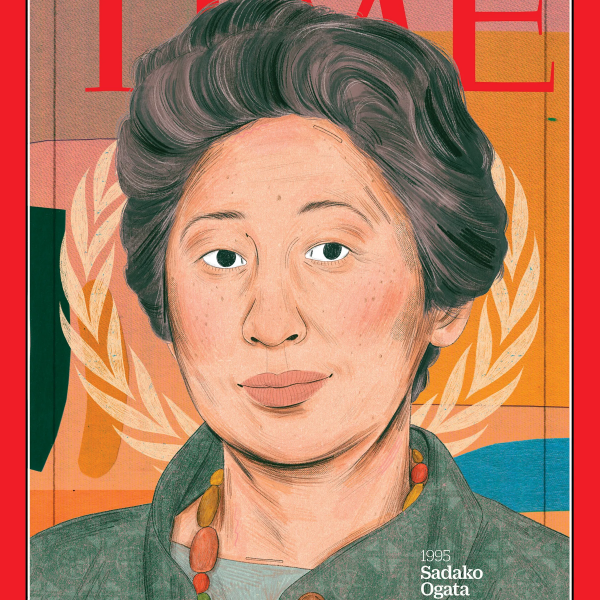Reading excerpts from Wallace Thurman’s Aunt Hagar’s Children made me think back to an experience I had at a reading given by novelist and short story writer Edward P. Jones at the St. Louis County Library Headquarters three years ago.
I had recently participated in the 2007 Teaching Jazz as American Culture Institute. During that Institute, Professor Herman Beavers mentioned a book called American Apartheid, by sociologists Douglas Massey and Nancy Denton. The book is about racial residential segregation in America. Interested in the topic, I read the book and was blown away by it. It changed the way I looked at my city. It changed the way I looked at racism and racial politics in America. I began to annoy and bore my family and friends by going on and on about this book, constantly applying it to current events and the city around me.
Jones’s reading came right in the middle of my obsession with Massey and Denton’s book, which explains why I couldn’t help myself from asking Jones about the topic. After he’d read from a couple of his stories, he opened up the floor to questions. I raised my hand and said, “Many of your stories are about the struggles of African-Americans in predominantly black neighborhoods. I was wondering what effect you think residential segregation has on the struggles of contemporary African-Americans.”
Jones visibly bristled at this question, and the tone of his response was indignant: “Sir,” he began, “I have no political agenda. I am not a sociologist. I am simply trying to tell a story.” He went on like this for a little while longer until I felt entirely squashed and humiliated (particularly because there were a number of students from my school present at this reading as well.)
The experience stuck with me (I wrote about it more fully in this essay), and I thought about it again when reading Wallace Thurman yesterday. In his essay “This Negro Literary Renaissance,” Thurman expresses an attitude similar to Jones’s when he asserts of his literary magazine Fire! that, “It was not interested in sociological problems or propaganda. It was purely artistic in intent and composition” (242).
W. E. B. DuBois famously asserted that he didn’t give a damn for any art that could not be used as propaganda, but Thurman clearly feels that propaganda is a lesser form of art, a type of limitation that he desires to escape as a writer.
Yet by his own account, he found it difficult to do so. In his autobiographical essay “Notes on a Stepchild,” written in the third person, Thurman recalls an unpleasant recognition about his own work:
“[H]e had been most surprised to realize that after all his novel had been scorched with propaganda. True, he had made no mention of the difficulties Negroes experience in a white world. On the contrary, he had concerned himself only with Negroes among their own kind, trying to interpret some of the internal phenomena of Negro life in America. His book was interesting to read only because he had lain bare conditions scarcely hinted at before, conditions to which Negroes chose to remain blind and about which white people remain in ignorance. But in doing this he realized that he had fixed the blame for these conditions on race prejudice, which manifestations of universal perversity hung like a localized cloud over his whole work.” (239)
I think Thurman here is also describing Edward P. Jones’s project in many of his stories: considering African Americans among their own kind, interpreting some of the internal phenomena of African American life, laying bare conditions that many African Americans might prefer not to think about, and that many white Americans are ignorant of.
Many of Jones’s stories, however, make no reference to white people at all. He seems to be taking pains not to “fix the blame” for his characters’ situations on race prejudice. Why? Perhaps in order to avoid turning his work into propaganda, the same type of propaganda that so turned off Wallace Thurman. Jones’s second and most recent collection of stories is entitled All Aunt Hagar’s Children, which I have to think is a nod toward the title of Thurman’s unpublished collection, in which both “Notes on a Stepchild” and “This Negro Literary Renaissance” were gathered.
Works like Walter White’s Fire in the Flint, Jessie Fauset’s There is Confusion, DuBois’s The Gift of Black Folk, and Alain Locke’s The New Negro all fell into this trap of propaganda, Thurman asserts: “They all treated the Negro as a sociological problem rather than as a human being” (245).
I believe that this is why Edward P. Jones got so ticked off at my question. He felt that I was treating African Americans as a sociological problem rather than as human beings—or, more precisely, that I was suggesting that his own work did so; that it was seeking not to dramatize the lives of individuals, but instead to demonstrate social conditions and suggest blame for them.
I don’t begrudge Jones for embarrassing me at the reading, and I hope he doesn’t begrudge me for asking the question, which was a sincere one. But I continue to wonder about what seems to me an important question about African American literature and Thurman’s notion of propaganda: If a black writer writes honestly about the lives of black people in America, can he entirely avoid depicting conditions which—given the segregation that still exists in our society and the resultant fact that many white Americans are largely ignorant of the lives of African Americans—open themselves to sociological analysis and political debate, a debate in which the writer will then be seen to occupy a particular position?
On the other hand, couldn’t this be said of all literature? Don’t most fictional depictions inevitably carry political implications? To what extent should a creative writer be expected to consider or answer for those implications? And to what extent should our interpretation concern itself with those implications?
—Frank Kovarik



